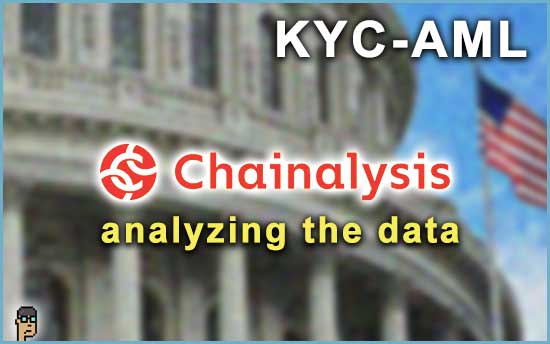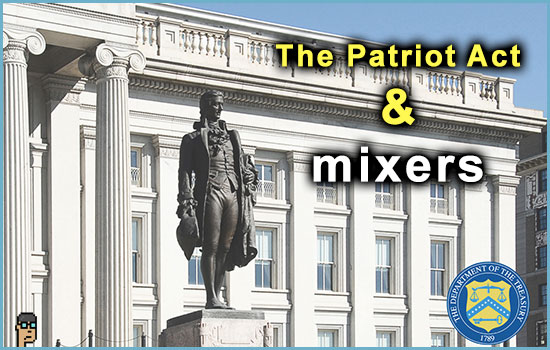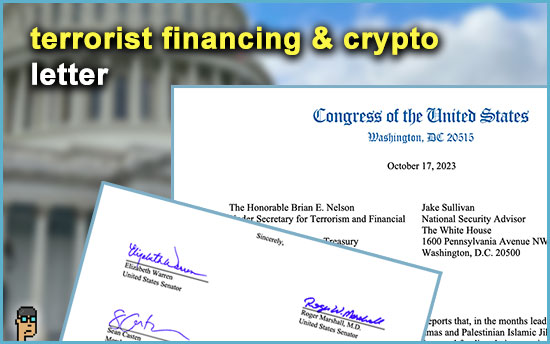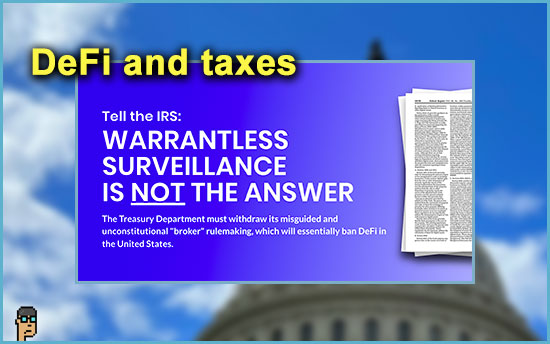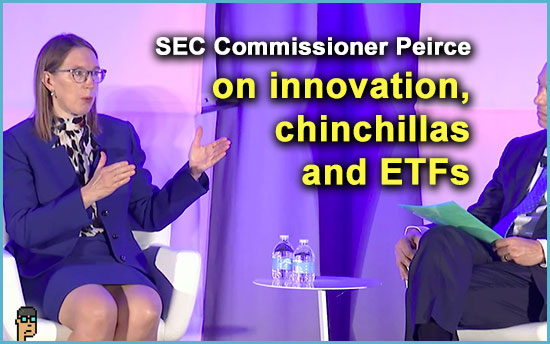WSJ money laundering data
Blockchain industry participants are continuing their pushback on the data from Elliptic that was used two weeks ago in the original Wall Street Journal article and the follow-up on October 13 about terrorist financing and crypto. Some even want a retraction by the WSJ regarding its conclusions.
Yesterday, Coinbase Chief Legal Officer Paul Grewal said in response to discussion of the disputed data in a tweet on X, “Yes- wrong is wrong. This reported misinformation furthers agendas that demean real human tragedy and genuine and effective efforts to thwart those who are responsible.” And, crypto venture capitalist Nic Carter claimed on X yesterday that, “The [journalists] are aware of their abominable mistake and failed reporting and refused to retract. (Reached via email).”
At the center of the current “retraction” discussion seems to be blockchain analytics firm Chainalysis (the U.S. government is a large client) blog post last Wednesday which provided a deep dive on specific wallet addresses and suggested an incorrect reading of the data used by the WSJ such as: “Of the roughly $82 million in cryptocurrency received by this address, about $450,000 worth of funds were transferred from the known terror-affiliated wallet.” Read the whole thing.
Nevertheless, on Friday, the Wall Street Journal expanded and summarized its coverage of crypto and terrorist financing and, in the process, re-affirmed the use of Elliptic’s data in an article, “Why Hamas Uses Crypto to Raise Money.” Read it.
what you should know: There’s a lotta future business at stake for blockchain analytics firms – specifically, future business with the U.S. government. Among several narratives here is Chainalysis taking on Elliptic, which provided the original data to the WSJ.

